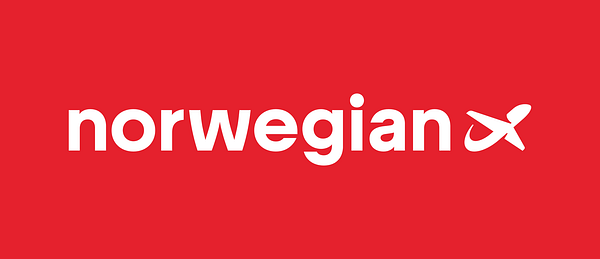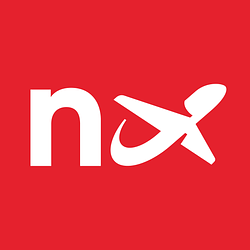Press release -
Norwegian presents 2018 full year results and the strategy for returning to profitability
Norwegian today reported its full year and fourth quarter 2018 results, figures strongly affected by engine issues, fuel hedge losses and tough competition in a period of strong growth. The net loss was NOK 1,454 million in 2018, while the company’s unit costs, excluding fuel, have decreased by 12 percent during the same period.
The key priority going forward is returning to profitability through a series of measures, including an extensive cost reduction program, an optimised route portfolio and sale of aircraft. The company is also strengthening its balance sheet through a fully underwritten rights issue of NOK 3 billion in order to increase its financial position.
The company was hit by several unforeseen challenges during 2018. Continued tough competition and high jet fuel prices affected the results, in addition to significant costs related to Rolls Royce engine issues on the Dreamliners. Norwegian was forced to wetlease aircraft to avoid delays and cancellations on intercontinental flights. Norwegian has now reached an agreement with the engine manufacturer, which will have a positive effect in 2019. The Dreamliner operation is now running smoothly, and we don’t foresee that engine issues will affect our service going forward. Going into 2019, Norwegian’s growth and investments will decrease considerably, and a series of initiatives have been undertaken to return to profitability this year.
The company’s total revenue was more than NOK 40 billion, an increase of 30 percent compared to 2017. A total of 25 brand new aircraft entered the fleet, contributing to a production growth (ASK) of 37 percent. The load factor was 85.8 percent and more than 37 million passengers chose to travel with Norwegian, an increase of 13 percent compared to the previous year.
Fourth quarter results
For the fourth quarter, the total revenue was NOK 9.7 billion, an increase of 23 percent from the same period last year, primarily driven by international growth as well as increased traffic in the Nordics. More than nine million passengers flew with Norwegian this quarter, a growth of 12 percent. The load factor was 80.9 percent. The company incurred losses of NOK 1.8 billion on its current hedge positions in Q4. Some of the loss has since reversed due to the latest increase in the jet fuel price.The company’s unit costs, excluding fuel, decreased by 14 percent compared to the fourth quarter in 2017.
“We have taken a series of initiatives to improve profitability by reducing cost and increasing revenue going forward. We have optimised our base and route structure to streamline the operation as well as divested aircraft, postponed aircraft deliveries and not least started an internal cost reduction program, which will boost our financials and bring us back to profitability,” said CEO of Norwegian Bjørn Kjos.
“Going into 2019, we will enter a period of slower growth and fewer investments, while constantly looking for new and smarter ways to improve our efficiency and offer new products and services to attract new customers,” Kjos added.
For detailed information, please see pdf attached.
Topics
Categories
Norwegian in the UK and Ireland:
- Norwegian carries almost 6 million UK passengers each year from London Gatwick, Edinburgh and Manchester Airports to 30 destinations worldwide
- Norwegian is the third largest airline at London Gatwick, with 4.6 million yearly passengers, and with more than 1,000 UK-based pilots and cabin crew
- In 2014, Norwegian introduced the UK’s first low-cost, long haul flights to the U.S. - the airline now flies to 12 U.S destinations, Buenos Aires and Rio de Janeiro from London Gatwick
- In 2017, Norwegian also launched affordable transatlantic flights from Edinburgh, Belfast, Dublin, Cork and Shannon to the US East Coast, using the brand new Boeing 737 MAX aircraft
- Norwegian is the only airline to offer free inflight WiFi on UK flights to more than 30 European destinations
- The airline has one of the youngest aircraft fleets in the world with an average age of 3.7 years, including next-generation Boeing 787 Dreamliner, Boeing 737 MAX and Boeing 737-800s
- Norwegian has been voted ‘Europe’s best low-cost carrier’ by passengers for six consecutive years at SkyTrax World Airline Awards from 2013-2018, along with being awarded the ‘World's best low-cost long-haul airline’ in 2015, 2016, 2017 and 2018
- Norwegian Reward is the airline's free to join award-winning loyalty programme offering members CashPoints and Rewards that reduce the cost of Norwegian flights


